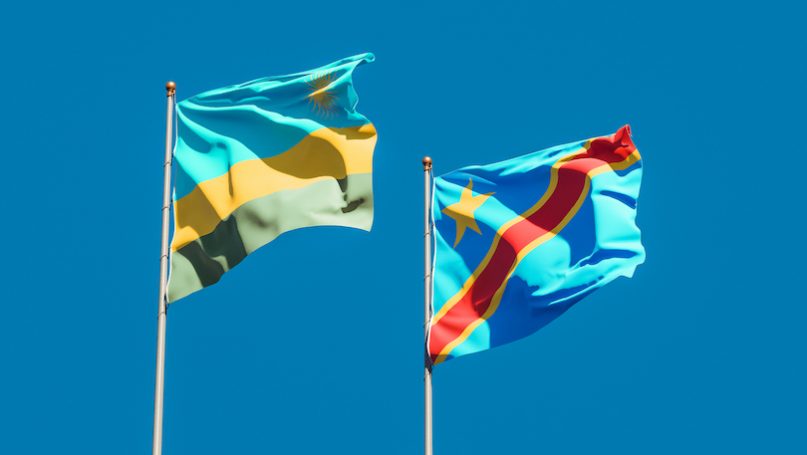
may mark a turning point in African diplomacy, as the Democratic Republic of Congo (DRC) and Rwanda signed a historic agreement in Washington—brokered not by traditional European allies, but by the United States, with the active backing of former President Donald Trump and current U.S. Secretary of State Marco Rubio.
The deal, celebrated by Congolese President Félix Tshisekedi as “a step toward a new era of stability” in the troubled Great Lakes region, has highlighted Washington’s growing influence in areas once seen as Paris’s diplomatic stronghold.
The accord reflects not only a shift in who is leading peace efforts on the continent but also casts a sharp spotlight on France’s diminishing role in Francophone Africa.
Historically, France has played an assertive role in Central Africa, particularly in Rwanda prior to the 1994 genocide.
Long considered a key facilitator in regional crises through the International Organization of La Francophonie and other diplomatic channels, France now finds itself watching from the sidelines.
Despite years of involvement and its claims of “proximity diplomacy,” Paris has failed to reconcile the long-standing tensions between Kinshasa and Kigali.
Meanwhile, it was the United States—often seen as detached from the region’s historical and linguistic ties—that stepped in with pragmatic diplomacy.
Qatar also contributed via behind-the-scenes negotiations in Doha, but it was Washington’s assertive engagement that proved decisive.
With Trump’s post-presidency apparatus still wielding considerable global clout, the U.S. managed to secure a binding, actionable deal.
Under the agreement, Rwanda has committed to withdrawing its forces from eastern Congo and ceasing support for M23/AFC rebels. In return, Kinshasa has agreed to disarm the Hutu FDLR militias operating in its territory.
The arrangement tackles the root causes of instability and outlines concrete obligations for both sides—something France’s approach had failed to achieve.
For President Tshisekedi, this is not only a diplomatic win but a statement of sovereignty.
“The DRC can no longer be the scene of foreign interventions or a sanctuary for armed groups,” he declared.
He also reiterated his demand for justice and accountability for those responsible for years of violence—calling for action that extends beyond peacekeeping to international legal redress.
The episode also reflects a broader reckoning for France.
Its historic influence in Francophone Africa is eroding, undermined by bureaucratic inertia, perceived paternalism, and competing strategic interests.
From the Sahel to Central Africa, and now the Great Lakes region, former allies are looking elsewhere for solutions—no longer satisfied with rhetoric.
The DRC-Rwanda accord stands as a symbol of this new diplomatic landscape: one where African nations are asserting autonomy and turning to non-traditional partners when traditional ones falter.
While not an outright loss for France, it is a wake-up call.
To remain relevant, Paris must listen more, lecture less, and embrace Africa’s evolving geopolitical reality.
The peace in the Great Lakes, if it endures, may be remembered not just for ending a regional conflict, but for ushering in a new era in African diplomacy.



